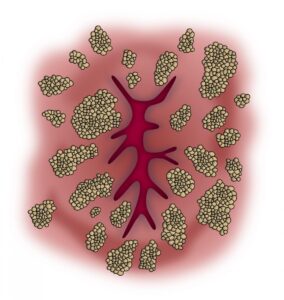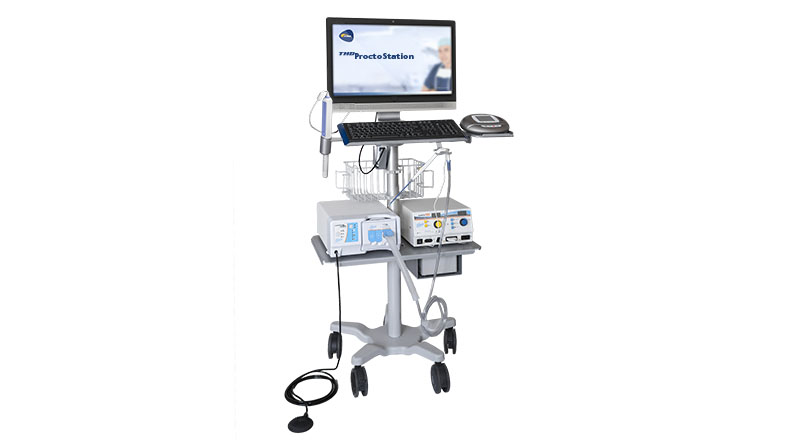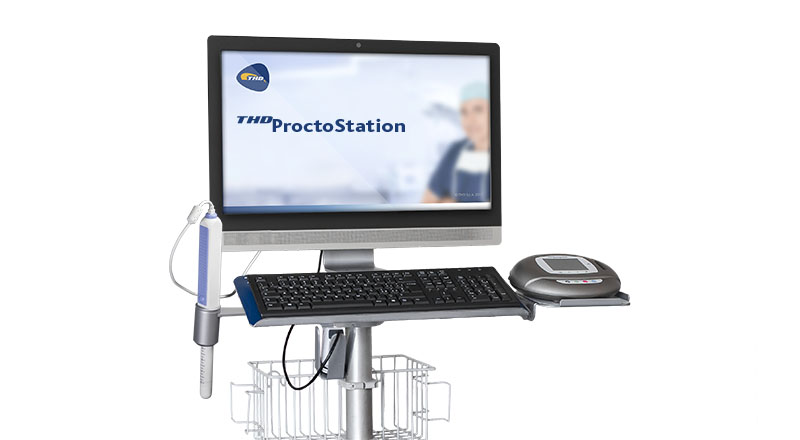Anal Warts
What are anal warts?
Anal warts, also known as condyloma, are caused by the human papilloma virus (HPV) and are the most common sexually transmitted disease (STD). Warts may affect the area around and inside the anus but may also grow on genital area. They may appear as one or more painless small growths or tiny lumps.

What causes anal warts?
Being these consequence of STD, sexual intercourse is the most common way to get infected and develop warts. However, patients can become infected with HPV without having sexual intercourse. Any direct contact to the anal area, such as hand contact, fluids from an infected sexual partner, towels where the virus is present, can cause HPV and warts.
What are the symptoms?
Warts are usually painless, so people may not easily realize that they have them. The primary symptom is the presence of soft small growths. Other symptoms may include bleeding, itching and mucus discharge.
How is this diagnosed?
If patient have any concerns about recent growth of small painless lumps and bumps in the perianal and genital area, they should seek for medical attention. It is important to be seen by an expert on the field as these small lesions may easily misdiagnosed or missed. The doctor will look at the skin around the anus, as well as the whole pelvic area, including the genitals. An exam of the anal canal with a small scope (proctoscopy), to see if there are any warts inside the anal canal (internal anal warts) is usually performed.
Can these be treated?
Warts must be treated as soon as they appear. If warts are not removed, they can grow larger and multiply. The grow can be as bad as the whole genital and perianal area covered by warts. Moreover, if left untreated, warts may lead to an increased risk of anal cancer in the affected area.
External warts (genital and perianal area) usually respond to topical specific medications; however, for lesions inside the anus, topical medications may not work, and surgery may be required.
Topical options include creams or medications that will freeze the warts. Other may work slightly differently, more specifically work burning the warts. A consultation with an expert surgeon in the field is pivotal to better understand what medication suits better the patient.
Surgery is considered when warts are either too large for the above-mentioned treatments or are located inside the anus. During surgery, warts are either surgically removed or burned with special devices. Laser treatment is often used to minimise side effect and improving the results.
When there are many warts, surgery is carried out under general anaesthesia on day surgery regime. Also, the surgeon may perform the surgery in more stages.
Is there any prevention for this condition?
There are measures you can take to help avoid anal warts:
- Do not have sexual contact with people who are known to have warts or are HPV infected;
- Limit sexual contact to a single partner;
- Always use protection (condoms);
- Ask your sexual partner to be checked for HPV and other STDs;
- Ask about HPV vaccine. This protects against 9 different types of HPV virus;
What Mr Leo can do for you?
Mr Leo has published several studies on the diagnosis and treatment of anal warts. He has presented these results at international meetings, and he regularly attend international educational courses on this topic. He has a wide and experience on this field, and he currently uses the latest technology specifically designed for the diagnosis and treatments of these lesions. When surgery is required, Mr Leo uses high resolution anoscope technology (HRA), which allows the most effective and accurate examination for the screening of warts and intraepithelial neoplastic anal lesions (precancerous lesions anal warts related). This latest and newest instrument can provide high-resolution videos and images of the anal canal improving and refining diagnosis and treatment.












Mr Leo is Aetna, Aviva, AXA, Bupa, Cigna, G&M, Healix, Vitality, WPA approved doctor.
For consultancy enquiry please see the contact details below:
